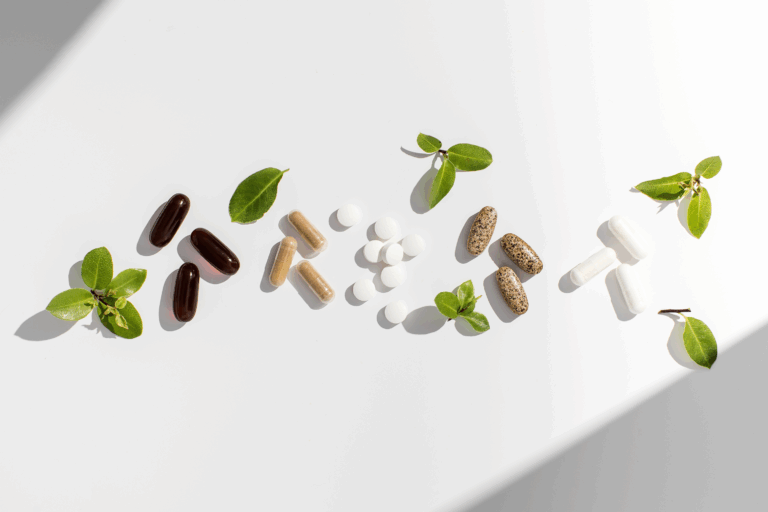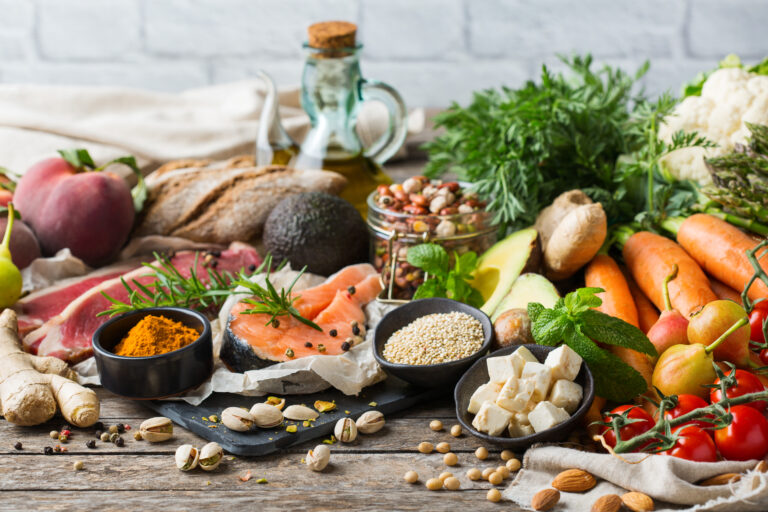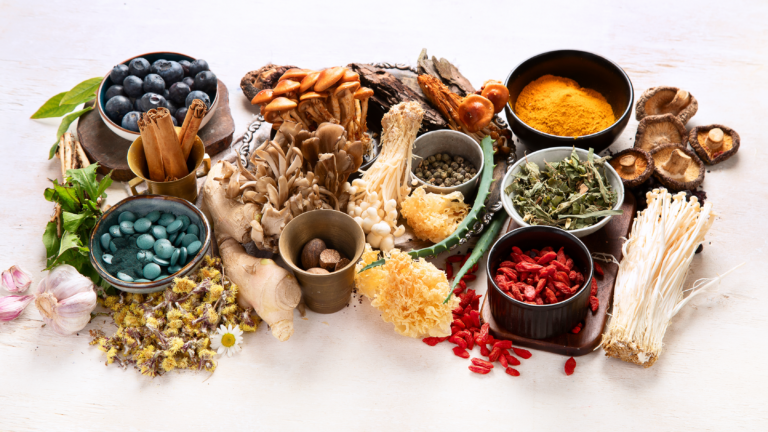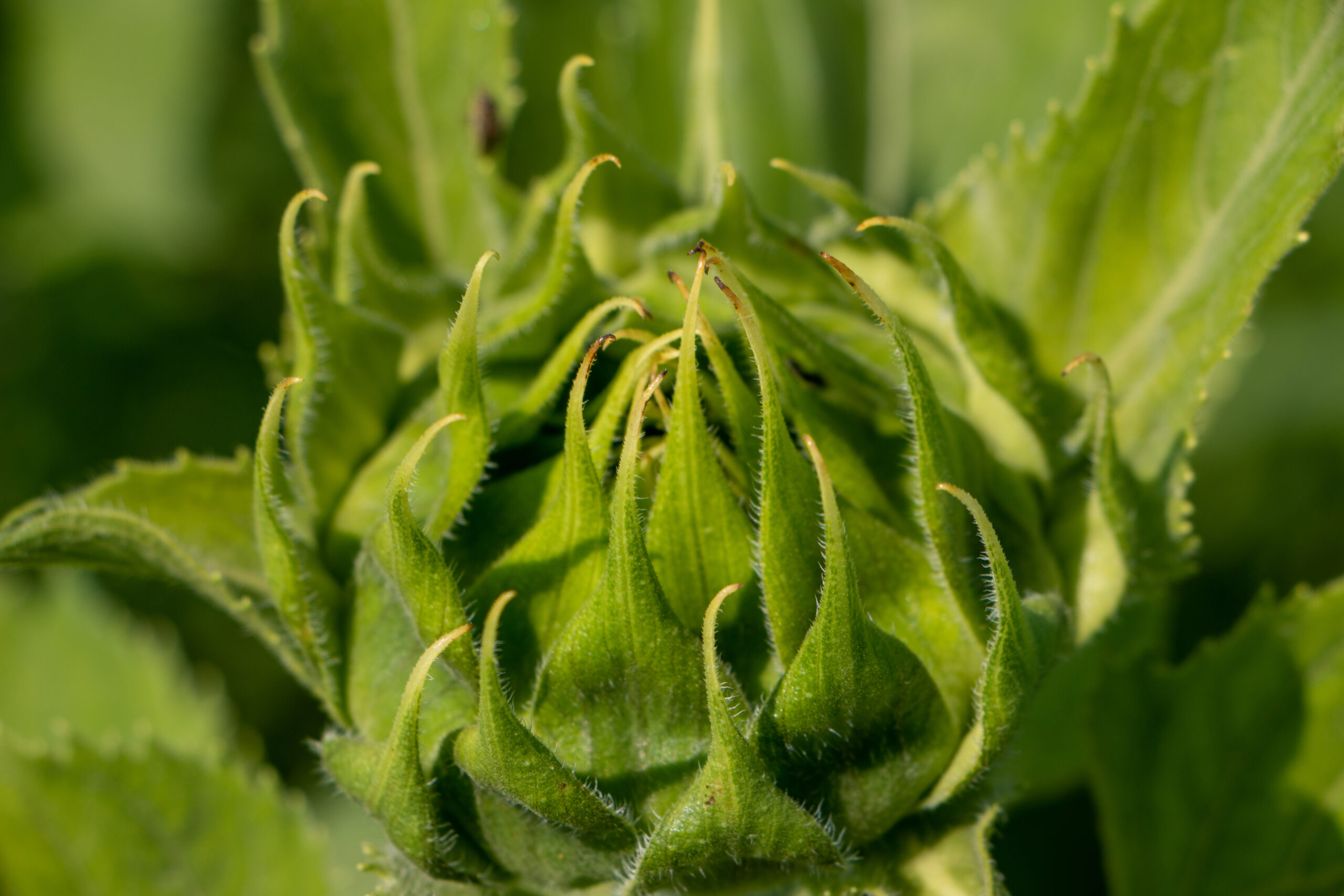Volatile Oils in Herbs for the Winter
It’s hard to find anything as comforting as enjoying a warm cup of tea on a chilly winter’s day, and there are certain herbs which seem to lend themselves especially well to use throughout the colder months of the year. For example, although some leading coffee outlets have popularized heavily sweetened versions, Chai tea and the herbs therein have traditionally been used more as medicine than a recreational beverage. Highly aromatic spice blends found in mulled wine, gingerbreads, broths, and curries are other examples of the flavors and phytonutrients that are often intuitively emphasized during winter for their warming and nourishing effects.
In traditional medical models, part of the physician’s role in healing was to help the patient’s body adjust to the mental and physical changes of the season, viewing what happens within the body as a reflection of the natural world. During winter, shorter days and less sunlight mean that energy and movement slows considerably in nature as animals hibernate and plants conserve metabolic activities within their roots before blooming again in the spring. Physically, the body is also more prone to infections such as colds and flus, and the digestive system is too often bombarded by the unpleasant effects of more frequent holiday indulgences.1
To that end, certain herbs can be particularly well-suited to promote health during the winter months, generally those which are rich in volatile oils, plant compounds responsible for a plant’s distinctive flavor and aroma. When consumed, volatile oils have numerous beneficial therapeutic effects towards the immune, digestive, and nervous systems, often acting as antimicrobials, anti-inflammatories, carminatives, diaphoretics, and nervines. Some excellent choices of volatile oil-rich herbs to use in colder weather are those which are warming and intensely flavorful such as:
- Garlic (Allium sativum)
- Ginger (Zingiber officinalis)
- Cinnamon (Cinnamonum verum)
- Black Cumin seed (Nigella sativa)
- Tangerine Peel (Citrus reticulata)
- Cayenne (Capsicum annum).
| Herbal Actions of Volatile Oils | |
| Herbal Action | Therapeutic Effects |
| Antimicrobial | Helps the body destroy or resist pathogenic microorganisms and in general help support the natural immune process. |
| Anti-inflammatory | Reduces inflammation by supporting the body’s natural inflammatory processes and encouraging the chemical mediators involved in their cleansing work thereby supporting the healing process. |
| Carminative | Soothing and settling to the gut wall, thereby easing gripping pains and helping with the removal of gas from the digestive tract. Cyclical monoterpene structure is believed to exert pharmacological effects, including modulation of gastrointestinal smooth muscle function.2 |
| Diaphoretics | Produces or promotes sweating through the dilation of surface capillaries and sweat glands, thus helping in poor circulation, elimination of waste, and supporting the body’s natural immune process during fever. |
| Nervine Relaxant | Eases stress, tension, and anxiety and promote an overall relaxation of the psyche. In high doses may have sedating effects. |
Volatile oils from plants have been recognized for centuries as being capable of relieving a variety of gastrointestinal symptoms and having significant antimicrobial effects.3-5 Many of these richly aromatic herbs also have a long history of culinary use, and when added to the diet, they can confer medicinal benefits while enhancing a meals’ experience through the senses. For example, herbs such as Rosemary (Rosmarinus officinalis), Sage (Salvia officinalis), Oregano (Origanum vulgare), Thyme (Thymus vulgaris), and Clove (Syzgium aromaticum) can be added to meals directly as spices and seasoning to impart greater flavor, aroma, and aid in the digestive process via their gentle carminative effects. Other methods of preparation can include the use of common kitchen solvents such as water, vinegar, honey, or cooking oils to extract an herb’s constituent profile, and liquid extracts, powders, and crushed tablets can be added to a wide variety food and beverages such as soups, stews, and smoothies.
Other key winter herbs to consider would include Astragalus (Astragalus membranaceous), an ancient root with subtly sweet and pungent qualities that strengthens the immune system and has demonstrated an ability to increase the production of white blood cells while decreasing the incidence and shortening the duration of infections.6 Medicinal mushrooms such Shiitake (Lentinula edodes), Maitake (Grifola frondosa), Turkey tail (Coriolus versicolor), and Reishi (Ganoderma lucidium) all contain polysaccharides which appear to indirectly modulate immune function, stimulating both innate and adaptive immune system responses.7 In the digestive tract, mushroom polysaccharides can also act as a prebiotic substrate for intestinal microbes, making them beneficial for gut health.8
Herbal medicine can be of enormous help to the body during the winter months, and can be particularly useful in acute infectious disorders (e.g. colds & flus) and managing the uncomfortable symptoms they create. They can also help with both easing the digestive process by soothing the intestinal wall through gentle antispasmodic effects. Incredibly, herbs can do all of this while simultaneously stimulating our senses and pleasure centers.9 As always when using herbal therapies the intention is to treat the body as whole, integrating and uplifting the mental, emotional, and physical state. By incorporating winter herbs such as those rich in volatile oils more regularly into daily life, access is gained to an ancient, relevant, and effective healing technique that is inherently in tune with nature all winter long.
- https://www.cdc.gov/flu/about/season/flu-season.htm
- Plant, O.H., Miller. C.H. Effect of carminative volatile oils on the muscular activity of the stomach and colon. J Pharmacol Exp Ther 27:149-156, 1926
- Guenther, E.. The Essential Oils, Vol.3. Princeton: Van Nostrand. 1949. pp. 586-620
- Swamy, M. K., Akhtar, M. S., & Sinniah, U. R. (2016). Antimicrobial Properties of Plant Essential Oils against Human Pathogens and Their Mode of Action: An Updated Review. Evidence-based complementary and alternative medicine : eCAM, 2016, 3012462. https://doi.org/10.1155/2016/3012462
- Bone, K. & Morgan, M. Professional Review: Astragalus membranaceous — Astragalus. MediHerb, February 1999, No. 67, pp. 1- 4.
- Feeney, M.J., Miller, A.M., Roupas, P. (2014). Mushrooms: Biologically distinct and nutritionally unique: Exploring a “third food kingdom. Nutrition Today, 49(6):301-307.
- Bhakta, M., & Kumar, P. (2013). Mushroom polysaccharides as a potential prebiotics. Int. J. Health Sci. Res, 3(8), 77-84.
- Sowndhararajan, K., & Kim, S. (2016). Influence of Fragrances on Human Psychophysiological Activity: With Special Reference to Human Electroencephalographic Response. Scientia pharmaceutica, 84(4), 724–751. https://doi.org/10.3390/scipharm84040724







